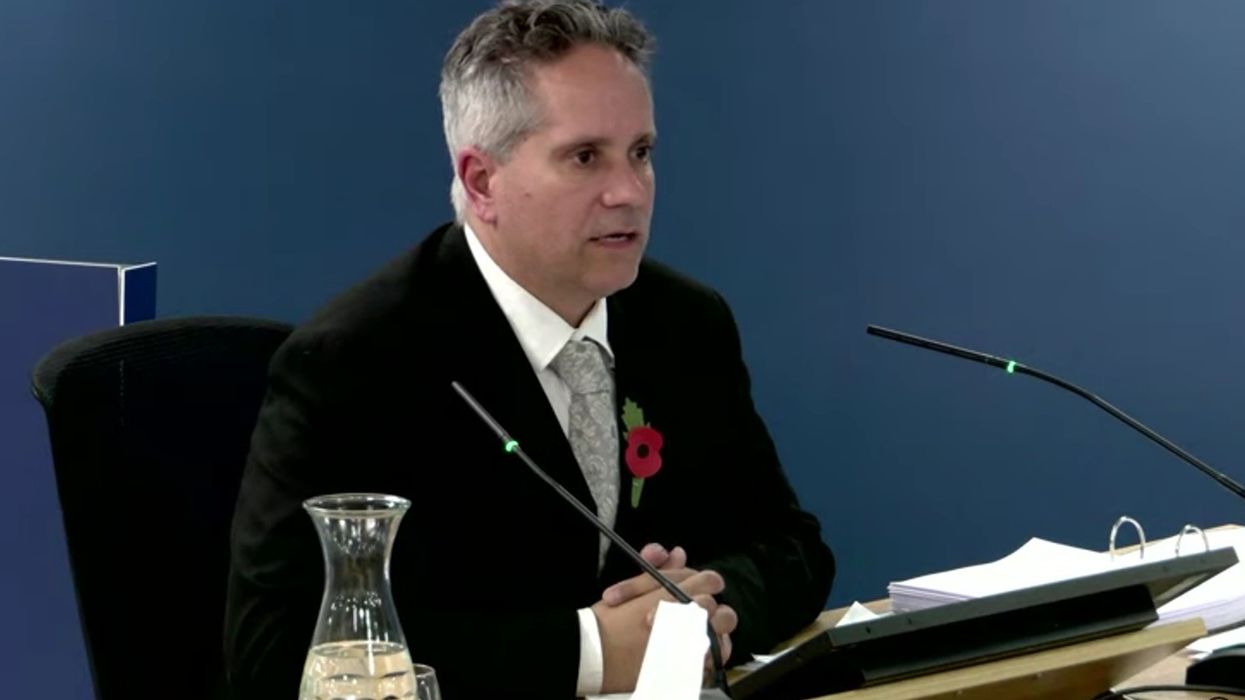While the government has already provided GPs with their contract for the next financial year, pharmacies remain in the dark
The National Pharmacy Association (NPA) has condemned continued delays in initiating this year’s funding negotiations as “utterly unacceptable” and warned of potential collective action by pharmacies later this month.
Last month, 99 per cent of pharmacies balloted by the NPA voted to withdraw services to patients, including cutting opening hours and stopping free medicine deliveries, until the government takes steps to address historic funding cuts.
Despite assurances from ministers, the government has not commenced funding negotiations for the current financial year, leaving pharmacies without a new contract since the previous one expired on 31 March 2024.
The NPA highlighted that being left out of contract by the NHS for nearly 300 days had forced some pharmacy owners to take out six figure loans to stay afloat while others were unable to invest in staff and facilities for patients because of crippling uncertainty over current year budgets.
Nick Kaye, chair of the NPA, said: “The seemingly endless delays to this year’s contract negotiations are unacceptable and leave hardworking pharmacies abandoned in the dark, causing them stress and uncertainty about their future.
“The crippling uncertainty about funding is preventing pharmacies from investing in better services and reform – instead making them take on debts or question whether they can continue at all.
“The last thing pharmacies want to do is to withdraw vital services from patients as a form of collective action, but we may be left with little choice unless things improve.”
Kaye also pointed out the disparity in treatment between pharmacies and GPs, who have already received their contract offer for the next financial year
“Offering GP colleagues a contract offer for the next financial year before even starting negotiations with pharmacies for this year has only inflamed this situation further,” he said.
He urged the government to start the negotiations as soon as possible to “end the crippling uncertainty and offer reassurance and security to pharmacies so they can serve their communities with confidence.”
According to the NPA, funding has decreased by 40 per cent in real terms over the past decade, while workloads have significantly increased, resulting in 700 pharmacy closures in just the past two years.
The organisation, representing over 6,000 independent pharmacies in the UK, has written to NHS England chief executive Amanda Pritchard warning that pharmacies are treated like second-class citizens in the health service.
It has called on NHS England to “treat community pharmacy fairly and be seen to treat it fairly and on a par with other parts of the NHS”.
Former health secretary Matt Hancock recently echoed these concerns during the Covid inquiry, acknowledging that pharmacies were “considered to be less of a priority”.
Pharmacy owners shares struggles due to funding cuts
Ashley Cohen, a pharmacy owner from Leeds, expressed his frustration: “The fact we are now into 2025 without the government sitting down with our negotiating body leaves me incredulous.”
He shared that since January 2024, he has had to visit the bank twice and borrow £125k to get through the year.
“There is only so many times you can inject money from savings accounts, borrow from the bank or cash in on pension pots to keep your business afloat,” Cohen said, noting that he relies on about 90-95 per cent of his funding on an NHS contract.
“I am looking at April with the introduction of National Insurance contributions and increases in the National Living Wage as a cliff edge. This whole period of uncertainty is very stressful for me and my pharmacy team.
“The current government may not be to blame for the decade of underfunding, but they urgently need to step in now before it’s too late to give us the stability urgently required,” he added.
Reena Barai, a pharmacy owner in Sutton, South London, expressed that she is unable to make crucial decisions for her pharmacy, such as hiring staff, improving the premises, or introducing new services to benefit the local community, as she remains uncertain about the contract she is supposed to be working to and the financial remuneration attributed to it.
She said: “The national insurance contribution increases proposed for April will be a huge blow for all pharmacy owners as with no contract, we have no certainty as to how we will pay for it.
“Within this current climate, with pharmacies closing at a rate of seven a week, this spells disaster for the local pharmacy network across the country.”
Kevin Simpson, a pharmacy owner from Sunderland, stated that he has a list of suppliers waiting to be paid.
He has decided to write to the NHS to reduce his opening hours this month and has prepared a draft letter to explain the situation to both staff and customers.
“Money and certainty are owed to us. They should release some of this immediately and re -energise our profession to help fix the NHS,” he said.
Sukhi Basra, a pharmacy owner from central London, urged the government and NHS to recognize the value of pharmacies and act before it’s too late
“The prolonged delays in contract negotiations for community pharmacies in England have left us fighting not only for our livelihood but also for the very essence of what we’ve built,” she said.
Basra further explained that due to financial pressures, her husband had to leave their pharmacy and work as a locum elsewhere, while she remained with their team to keep things running.
She added: “It’s cruel to leave the very business we’ve built, the patients we’ve served, and the community we love, just to secure enough income to survive.
“We’ve given so much of ourselves and our family to this profession. We’ve spent years building relationships, supporting our patients, and making our pharmacy a place they could rely on. But now, we feel abandoned by the very system we’ve supported.













